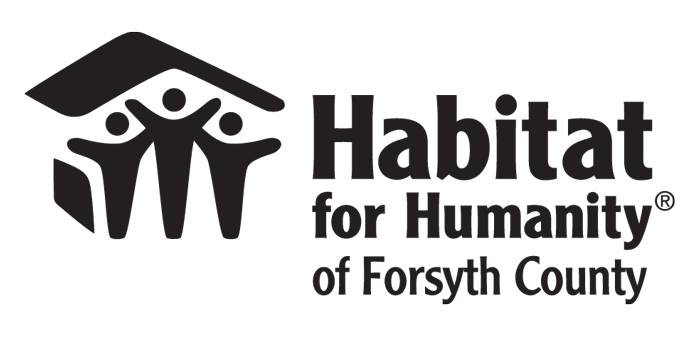Raleigh, NC. In 2016, Habitat for Humanity affiliates across NC received more than $8.7M dollars in HOME funding, most of that via the NC Housing Finance Agency, to provide zero-percent second mortgage financing to affiliates. This funding contributed directly to the construction of 220 new housing units.
Habitat for Humanity affiliates in NC received another $1.2M in Community Development Block Grant (CDBG) funding that made possible the development of infrastructure (water, sewer, curb and gutter) on several projects across the state.
Under the budget currently proposed by President Trump, both sources of funding would be zeroed out, and Habitat affiliates in NC alone would be faced, in 2018, with the loss of as much as $10M in federal funding. This funding is essential to Habitat’s home-building, primarily because every dollar of public funding generates and leverages nearly four dollars in private contributions from individuals, churches, corporations and foundations.
Both sources of federal funds, particularly HOME funding, are critical to Habitat affiliates across the country. “Their elimination will lead directly to the loss of homeownership opportunities for very low-income North Carolinians (those between 30 – 60% of Area Median Income) who depend on Habitat and these funds for the few options they have now,” according to Greg Kirkpatrick, president and
executive director of Habitat for Humanity of NC. “The affordable housing crisis in most of NC will grow ever worse, and, without new sources of funding, that continuing affordability crisis will result in a further eroding of the quality of housing stock in the state. Families already on the margins will be hurt.”
Samuel Gunter, director of policy and advocacy at the NC Housing Coalition, adds that he can’t overstate his concern. “The loss of federal housing investment will devastate North Carolina communities. We will see fewer affordable housing units and more folks spending an increasing percentage of their limited incomes on housing, such that they spend less on the necessities of health care, education and food. Rent always eats first. The loss of these programs would have a cascading negative effect on a family’s health, on their ability to build wealth over time, and on their access to opportunity.”

